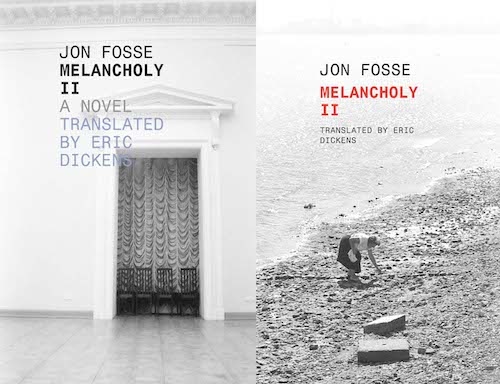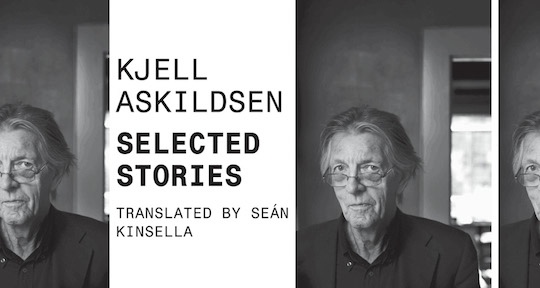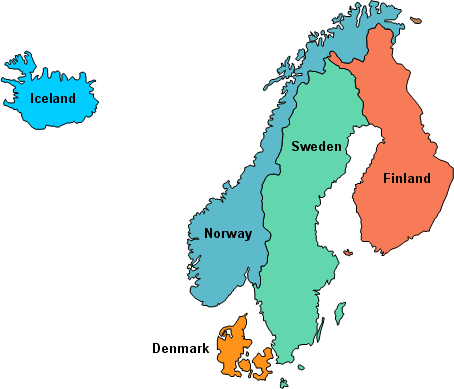Once upon a time, and a very good time it was, a friend of a friend was sitting on a park bench with a book. This friend—a student of literature—was reading modern Norwegian drama, and the park bench she was sitting on was right by the theater in Bergen. It was also right by a large and imposing statue of Henrik Ibsen.
As she sat there reading, a heavy figure approached, dressed in black. He lumbered closer and finally sat down on the other end of her bench, musing into the air, saying nothing, as my friend read her book. Or rather, as she pretended to read her book, and just sat there quaking, reading Fosse while Fosse sat on the other end of the bench, the two of them watched over by a furious-looking stone statue of Ibsen. After a while, Fosse got up and wandered on. My friend sat there for a while and collected herself, then went to a lecture.




